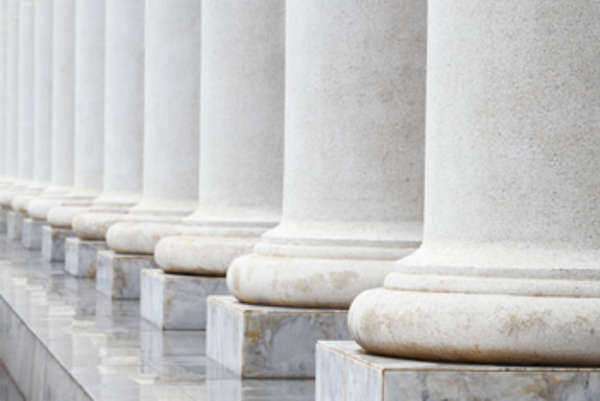Proceedings
Proceedings: A Comprehensive Overview
Proceedings refer to a formal record of the activities and discussions that take place during a conference, meeting, or another type of gathering. It serves as a valuable source of information for participants, researchers, and anyone interested in the event's proceedings. This article aims to provide a comprehensive overview of proceedings, highlighting their purpose, structure, and significance.
Purpose of Proceedings
The primary purpose of proceedings is to document everything that occurs during an event. It captures the various presentations, discussions, debates, and decisions made by participants. Proceedings play a critical role in ensuring transparency, accountability, and knowledge sharing within professional communities and academic fields.
Furthermore, proceedings act as a permanent record of the event, allowing participants to refer back to the discussions and materials presented. They serve as a valuable resource for those who were unable to attend the event but want to gain insight into its content.
Structure of Proceedings
The structure of proceedings may vary depending on the type of event and its organizers. However, there are some common elements that most proceedings include.
1. Title and Front Matter: The proceedings typically begin with a cover page containing the event title, date, and location. This is followed by a table of contents and a foreword or introductory message from the organizers.
2. Abstracts or Summaries: A collection of abstracts or summaries of the presentations or papers included in the proceedings is usually provided. These brief summaries offer a glimpse into the content and overarching themes of the event.
3. Full-length Papers or Presentations: The heart of the proceedings lies in the inclusion of the full-length papers, presentations, or poster abstracts. These materials serve as a comprehensive record of the research, findings, and ideas shared during the event.
4. Q&A and Discussion: If applicable, proceedings may include transcripts or summaries of the question-and-answer sessions and discussions that occurred following each presentation. This allows readers to gain a deeper understanding of the topics discussed and the viewpoints expressed.
Significance of Proceedings
Proceedings hold great significance for various stakeholders involved in an event. Here are a few reasons why proceedings are so vital:
1. Knowledge Sharing: Proceedings provide a platform for experts and researchers to share their work, insights, and findings with a wider audience. This facilitates the exchange of knowledge, promotes collaboration, and advances the field.
2. Research and Scholarship: For researchers, proceedings act as a valuable resource for identifying the latest trends, methodologies, and ideas within their specific domain. They help scholars stay up-to-date with advancements and contribute to the existing body of knowledge.
3. Archival Value: Proceedings serve as an archival record of an event, ensuring that the information and discussions are preserved for future reference. This allows for historical analysis, retrospective studies, and benchmarking against previous events.
4. Validation and Recognition: Having one's work published in proceedings adds credibility and validation to a researcher's efforts. It showcases their research to a wider audience and gives them recognition within their field.
Conclusion
Proceedings are an indispensable part of conferences, meetings, and gatherings of all kinds. Their purpose is to document, preserve, and disseminate the knowledge and discussions that occur during these events. By providing a comprehensive record of presentations and discussions, they facilitate knowledge sharing, promote research and scholarship, and contribute to the advancement of various fields. Proceedings serve as a lasting legacy, ensuring that the valuable information shared during an event continues to benefit the broader community.
